By Amit Roy
IF THESE months of living through the lockdown have demonstrated anything, it has been about the fragility of human life.
It is also about the importance of putting down family histories, because stories should be passed on from one generation to the next before they are lost.
At his home in Colchester, my uncle, the last surviving member of my late father’s generation, but younger to him by many years, has been finishing off his memoirs, which is by way of being a family history.
He has called his book, Not On Your Nelly! because that was the dusty answer he got from my aunt-to-be when he first asked her to marry him.
She was born Shriya Devi in British Guiana, which was renamed Guyana after independence in 1966. But she was known as “Sylvia” in Colchester, where she worked as a senior sister in the now closed maternity hospital. There she attended the birth of some 4,000 babies, according to the Essex County Standard, which paid tribute to her after she died from ataxia in 2007.
My uncle’s book contains a lot about my father, who edited several newspapers, including the Indian Nation in Patna, Bihar, when India was still under British rule.
At the age of 30, he was foolish enough to write a leader comment, “The heartless governor”, after the Kosi River, known as “the sorrow of Bihar”, flooded, bringing devastation. The governor, Sir Thomas Rutherford, called in my father who apparently said, “Your Excellency, I won’t take out a comma.” The governor put pressure on the paper’s owner, the Maharajah of Darbhanga, who had no option but to fire my father.
There is also an entertaining passage about how my uncle had to despatch a king cobra which had snuggled under my pillow during the monsoon season.
He is writing the part which, for him, is the most difficult – Sylvia’s funeral. Since there was no Hindu temple in Colchester, she was in the habit of popping into church. She expressed the wish that her funeral should be a mixed Hindu- Christian service. The local church agreed, only to then withdraw the offer with an apology after a neighbour objected on the grounds that Sylvia wasn’t Christian.
Ironically, Sylvia had saved the man’s baby, born as a result of an affair. Without seeking permission from her seniors, she summoned an ambulance and accompanied the desperately sick baby to a hospital in London with the medical expertise required to save its life. Sylvia was hauled up before a disciplinary committee for breaking the rules – she said there was no time – and only the intervention of my uncle’s friend and solicitor saved her job.
My uncle is consulting friends as to whether he should include this episode because the neighbour is still around and looks a little sheepish when they bump into each other.
All Asian families should encourage their elders to tell their stories. A small tip – a tape recorder is a marvellous thing. Times passes all too quickly.





 LONDON, ENGLAND - JUNE 22: Baroness Floella Benjamin speaks during the unveiling of the National Windrush Monument at Waterloo Station on June 22, 2022 in London, England. The photograph in the background is by Howard Grey. (Photo by John Sibley - WPA Pool/Getty Images)
LONDON, ENGLAND - JUNE 22: Baroness Floella Benjamin speaks during the unveiling of the National Windrush Monument at Waterloo Station on June 22, 2022 in London, England. The photograph in the background is by Howard Grey. (Photo by John Sibley - WPA Pool/Getty Images)










 Ed Sheeran and Arijit Singh
Ed Sheeran and Arijit Singh Aziz Ansari’s Hollywood comedy ‘Good Fortune’
Aziz Ansari’s Hollywood comedy ‘Good Fortune’ Punjabi cinema’s power-packed star cast returns in ‘Sarbala Ji’
Punjabi cinema’s power-packed star cast returns in ‘Sarbala Ji’ Mahira Khan
Mahira Khan ‘Housefull 5’ proves Bollywood is trolling its own audience
‘Housefull 5’ proves Bollywood is trolling its own audience Brilliant indie film ‘Chidiya’
Brilliant indie film ‘Chidiya’  John Abraham
John Abraham Hina Khan and her long-term partner Rocky Jaiswal
Hina Khan and her long-term partner Rocky Jaiswal  Shanaya Kapoor's troubled debut
Shanaya Kapoor's troubled debut Sana Yousuf
Sana Yousuf



 Shraddha Jain
Shraddha Jain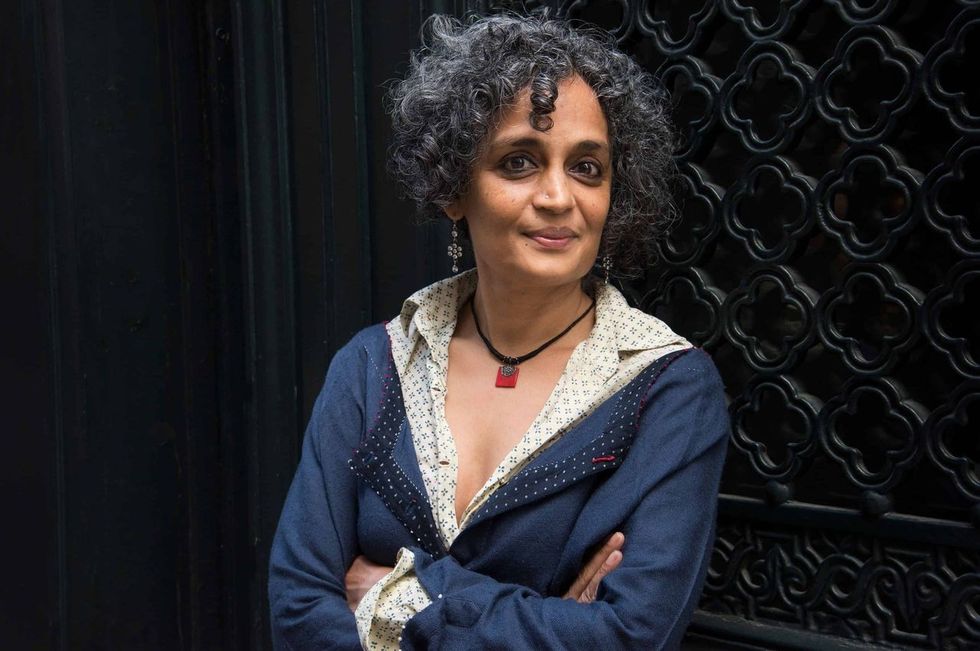 Arundhati Roy
Arundhati Roy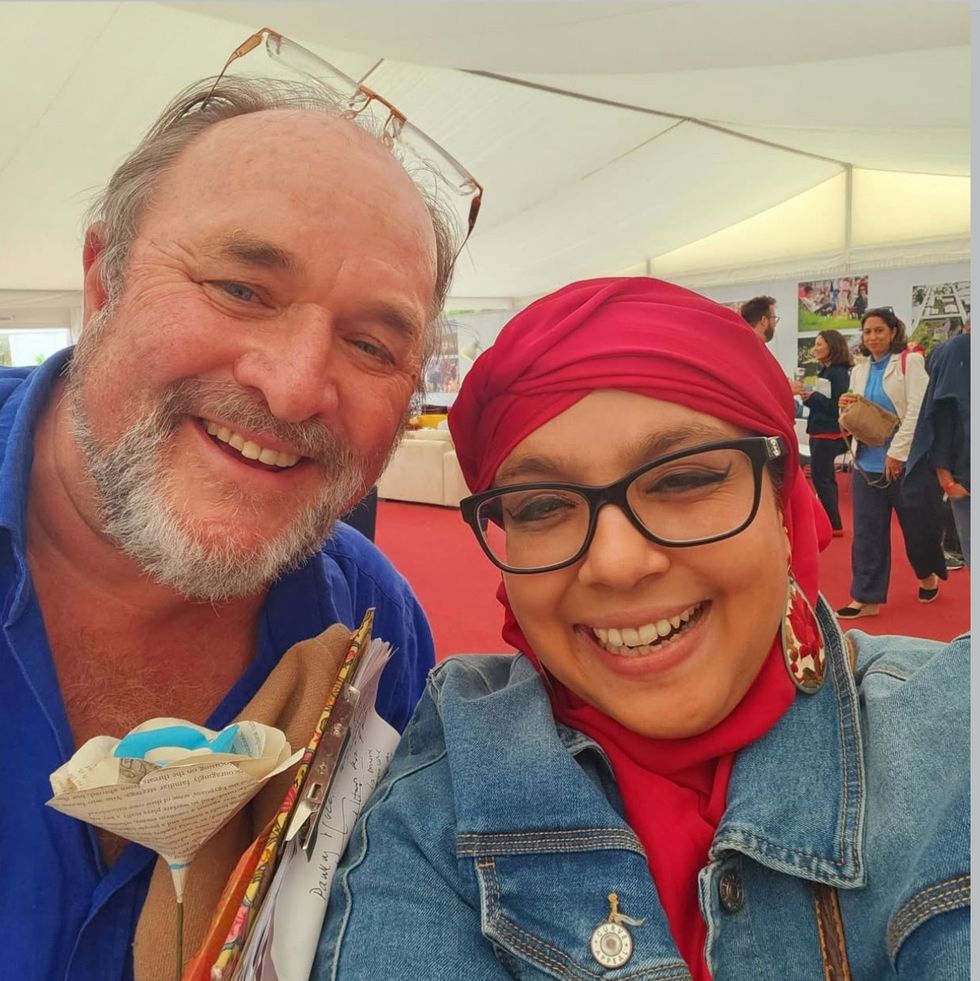 William Dalrymple and Onjali Q Rauf
William Dalrymple and Onjali Q Rauf Ravie Dubey and Sargun Mehta
Ravie Dubey and Sargun Mehta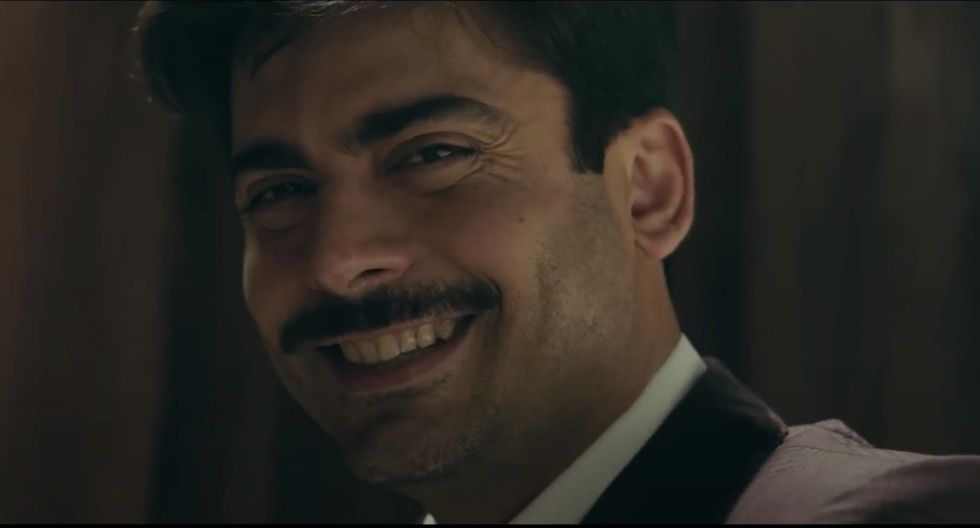 Money Back Guarantee
Money Back Guarantee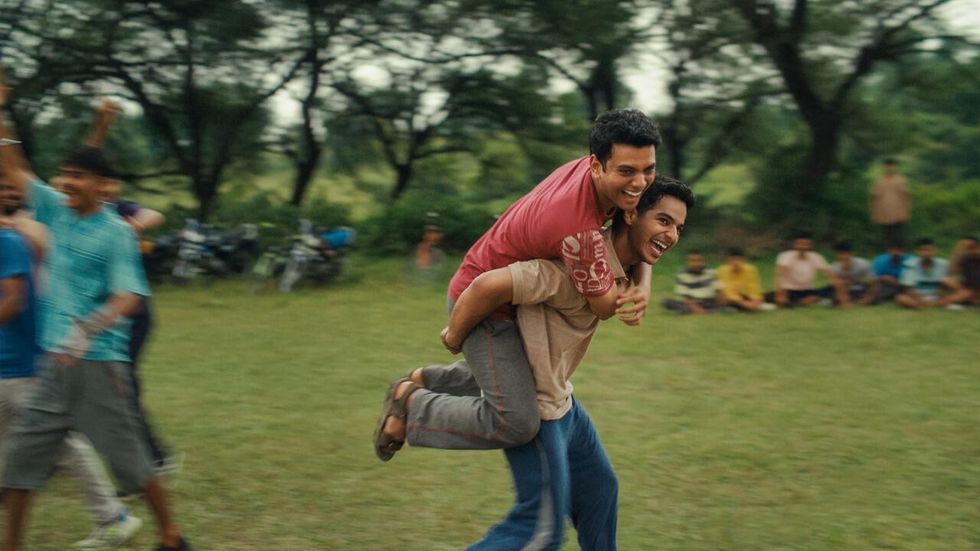 Homebound
Homebound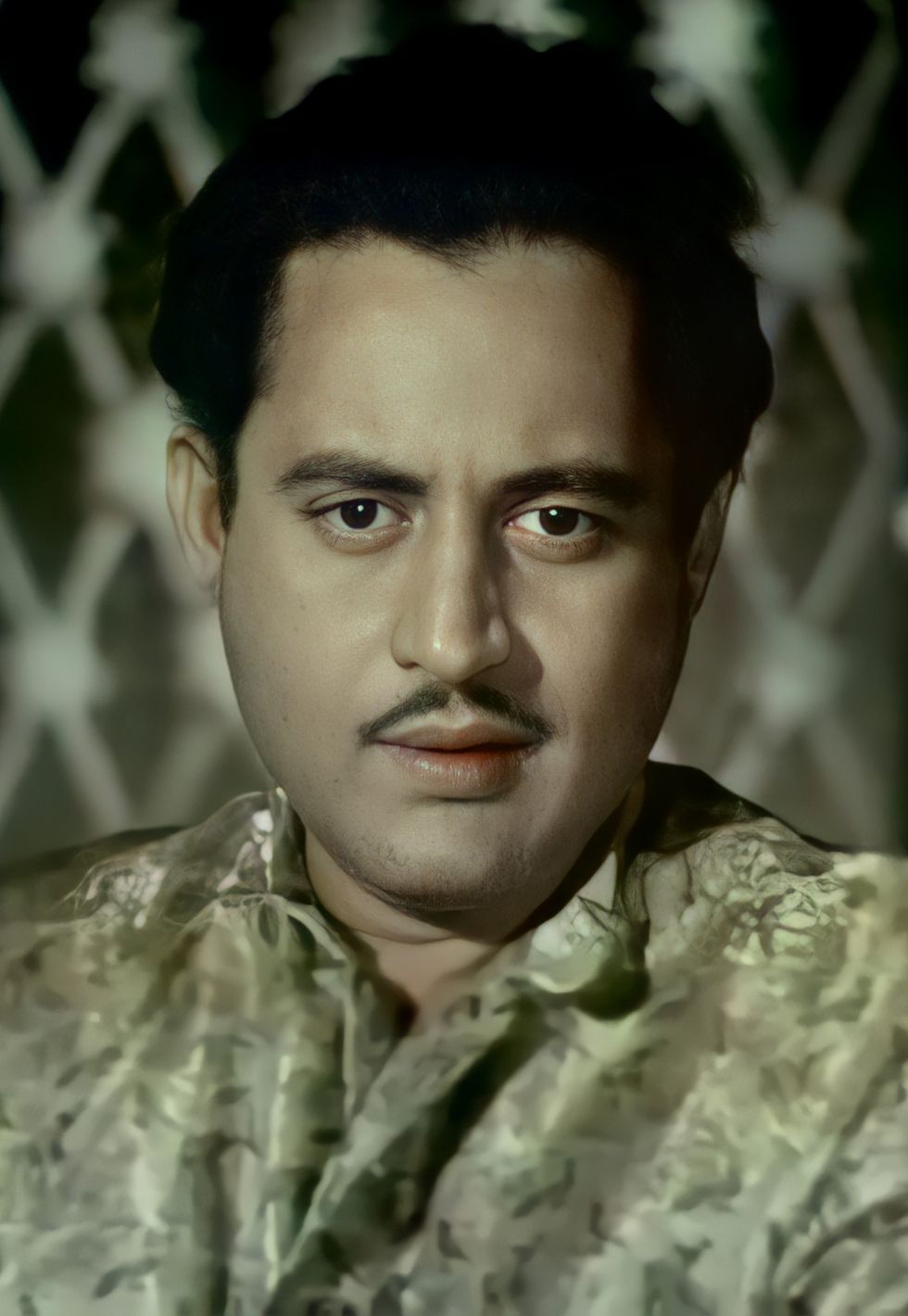 Guru Dutt in Chaudhvin Ka Chand
Guru Dutt in Chaudhvin Ka Chand Sarita Choudhury
Sarita Choudhury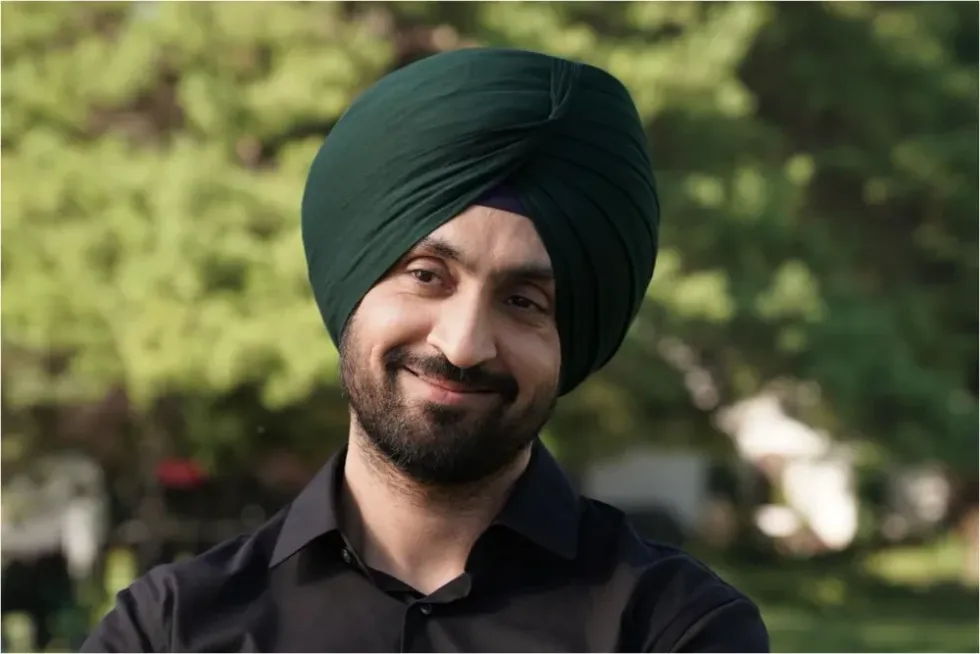 Detective Sherdi
Detective Sherdi